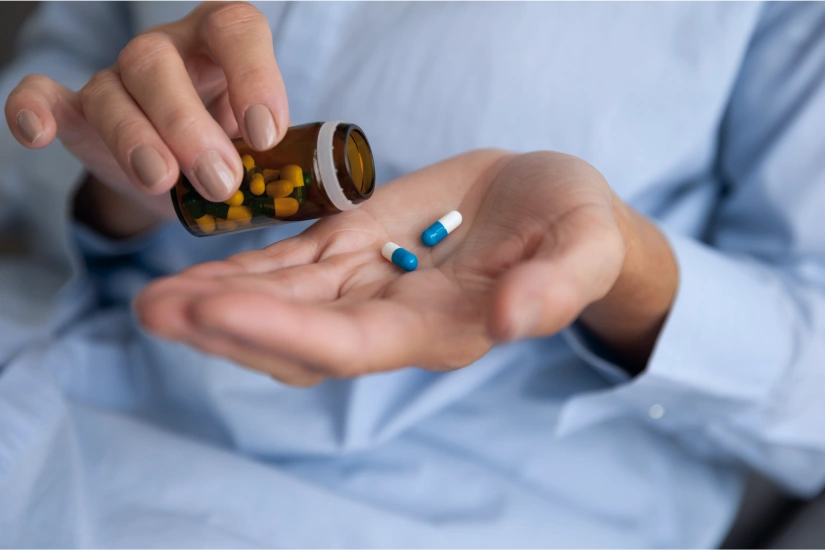24/7 Helpline:
(866) 899-111424/7 Helpline:
(866) 899-1114
Other Insurance Options

BHS | Behavioral Health Systems

MHNNet Behavioral Health

Humana

Magellan Health

Amerigroup

WellCare Health Plans

Medical Mutual of Ohio

Cigna

BlueShield

Lucent

Carleon

Excellus

Group Health Incorporated

Evernorth

Oxford

Aetna

Access to Recovery (ATR) Voucher

UMR

GEHA

State Farm

National Counseling Group
National Counseling Group is a private rehab located in Manassas, Virginia. National Counseling Grou...

Prince William County Behavioral Health
Prince William County Behavioral Health is a public rehab located in Manassas, Virginia. Prince Will...

Adult Substance Abuse Program
Adult Substance Abuse Program is a private rehab located in Manassas, Virginia. Adult Substance Abus...

Calvary Counseling Center
Calvary Counseling Center is a private rehab located in Manassas, Virginia. Calvary Counseling Cente...

Prince William Psychiatric Center
Prince William Psychiatric Center is a private rehab located in Manassas, Virginia. Prince William P...

Family Insight
Family Insight, located in Manassas, VA, focuses on enhancing well-being through evidence-based coun...

Sellati & Co. – Woodbridge Methadone Treatment Center – WMTC
Sellati & Co. – Woodbridge Methadone Treatment Center – WMTC is a private rehab located in Manassas,...


Pineland
Pineland - Memorial Drive services is a public, not-for-profit community based organization that hel...

Youth Haven Services
Youth Haven Services is a mental health and substance abuse specializing in children, adolescents an...

Remmsco – Men’s House
Remmsco - Men's House is an inpatient rehab for men located in Reidsville, NC. Remmsco - Men's House...

ALEF Behavioral
ALEF Behavioral Group was founded with one primary purpose, to help those struggling with Opioid-Use...









Pine Belt Mental Health Mental Health Resources
Pine Belt Mental Health Mental Health Resources offers outpatient treatment for individuals with alc...

Zoar Valley Recovery and Treatment Center
Zoar Valley Recovery and Treatment Center is a public rehab located in Collins, New York. Zoar Valle...

New Life – Remmsco Halfway House
New Life – Remmsco Halfway House is a private rehab located in Reidsville, North Carolina. New Life ...

Life Changes
Life Changes offers a variety of programs including EAP Services, DWI Assessments & Treatment, and S...

Insight Human Services
Insight Human Services is a nonprofit rehab located in Reidsville, North Carolina. Insight Human Ser...

Faith House
Faith House is a private rehab located in Reidsville, North Carolina. Faith House specializes in the...























